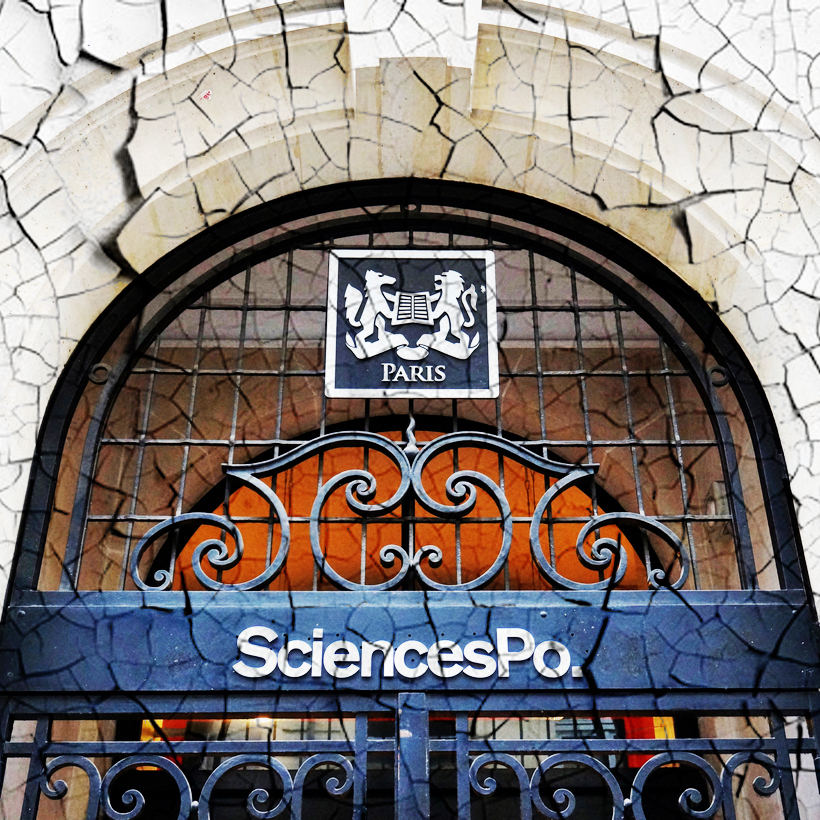Sciences Po Paris is among the most prestigious higher education establishments in France. The political studies institute counts five presidents, 12 prime ministers and countless chief executives among its alumni. A place there almost guarantees a path towards the upper echelons of public life.
Yet the recent history of this institution is troubled. Its most celebrated director was found dead in New York after an encounter with male escorts a decade ago. Its chairman resigned amid allegations of incest in 2021. Claims surfaced that it had covered up years of sexual abuse among students. And now its former deputy director has found himself embroiled in a scandal, too, after confessing to spiking the drink of a female colleague.

